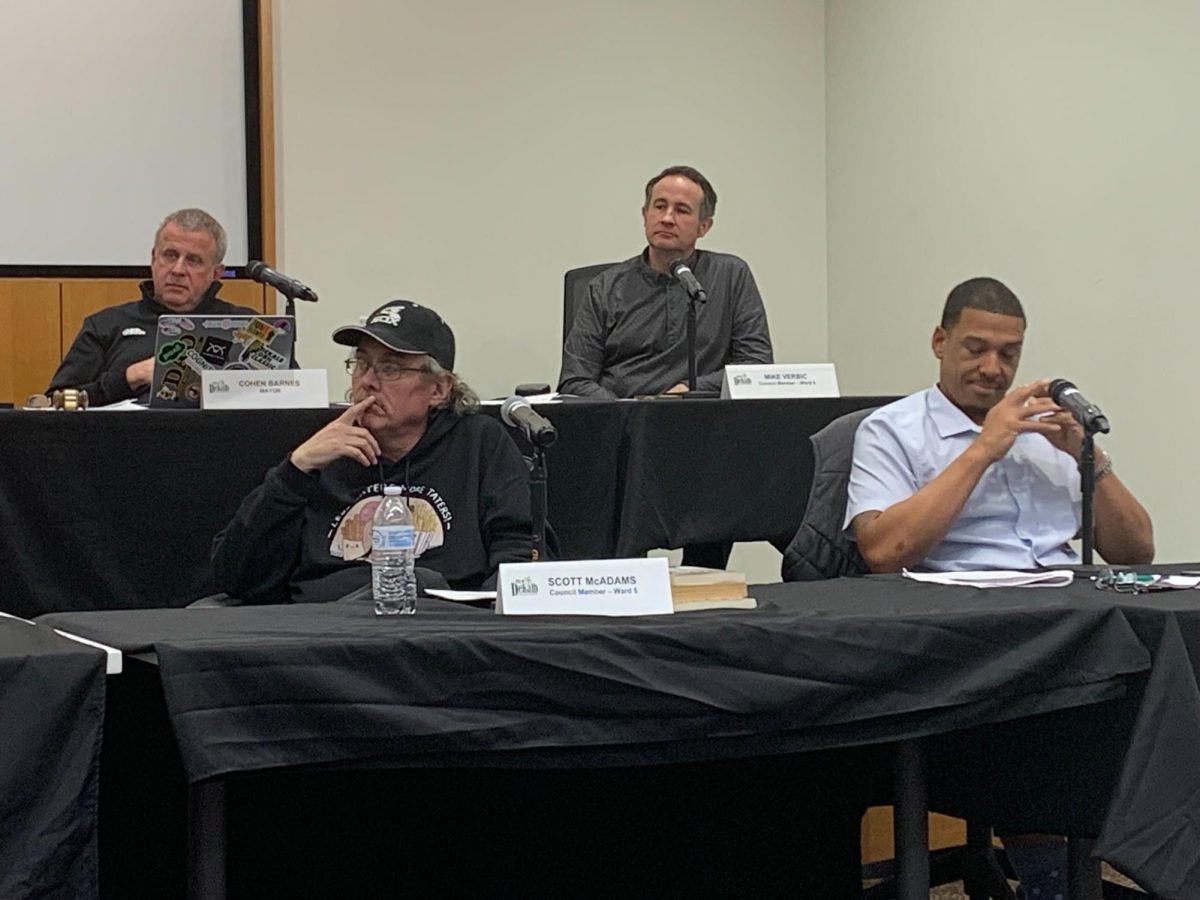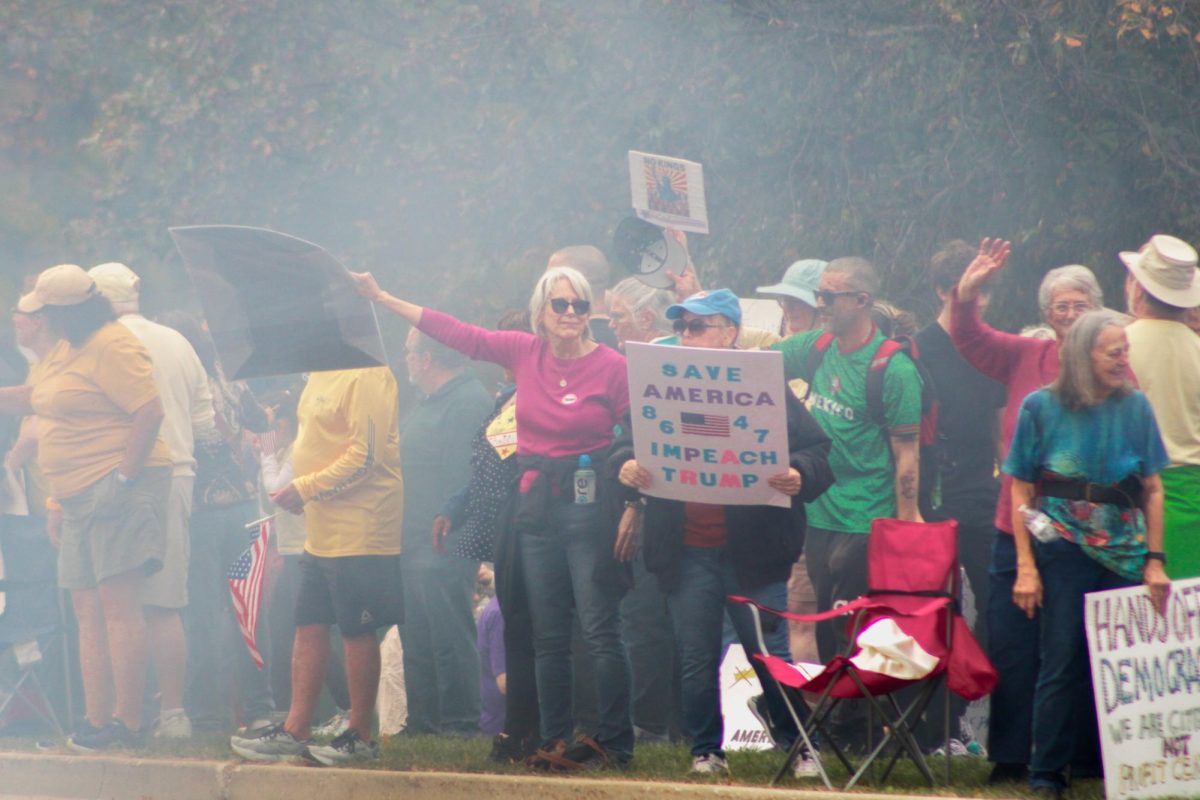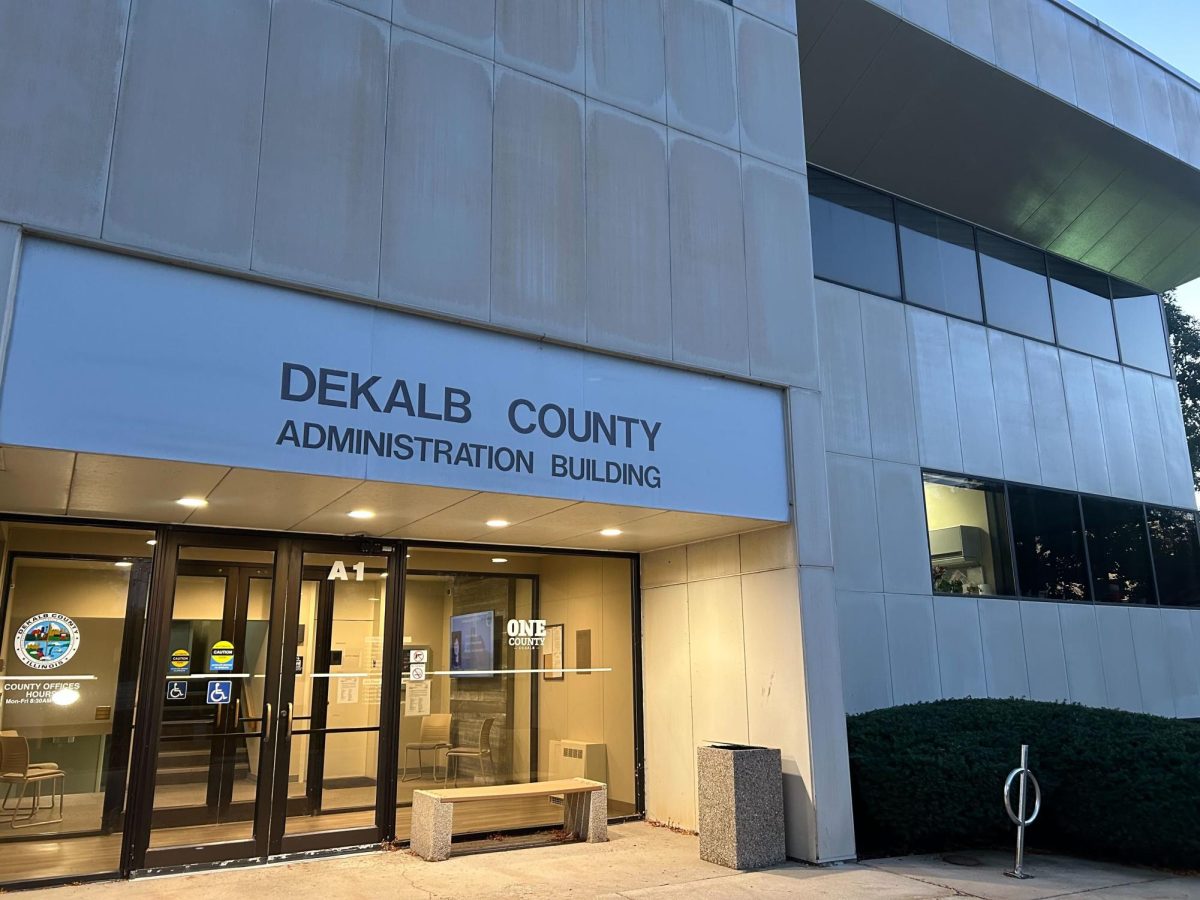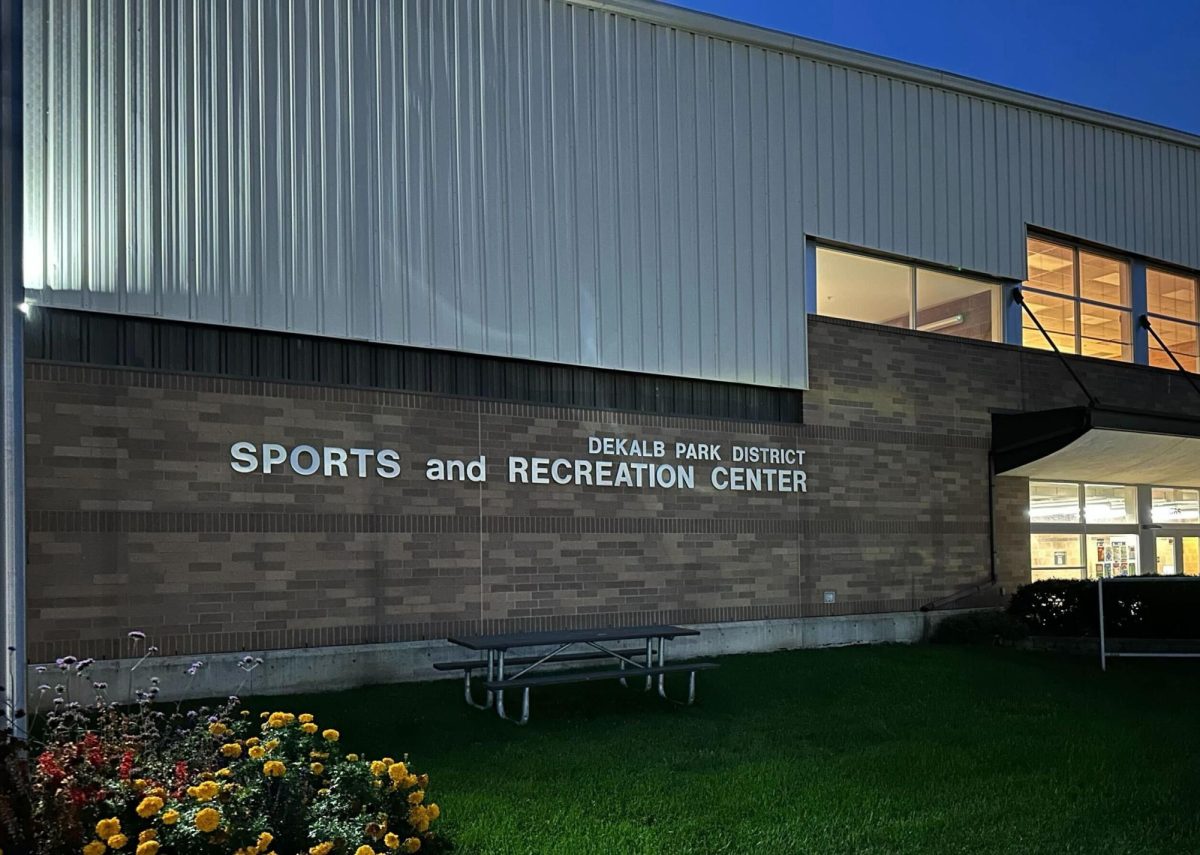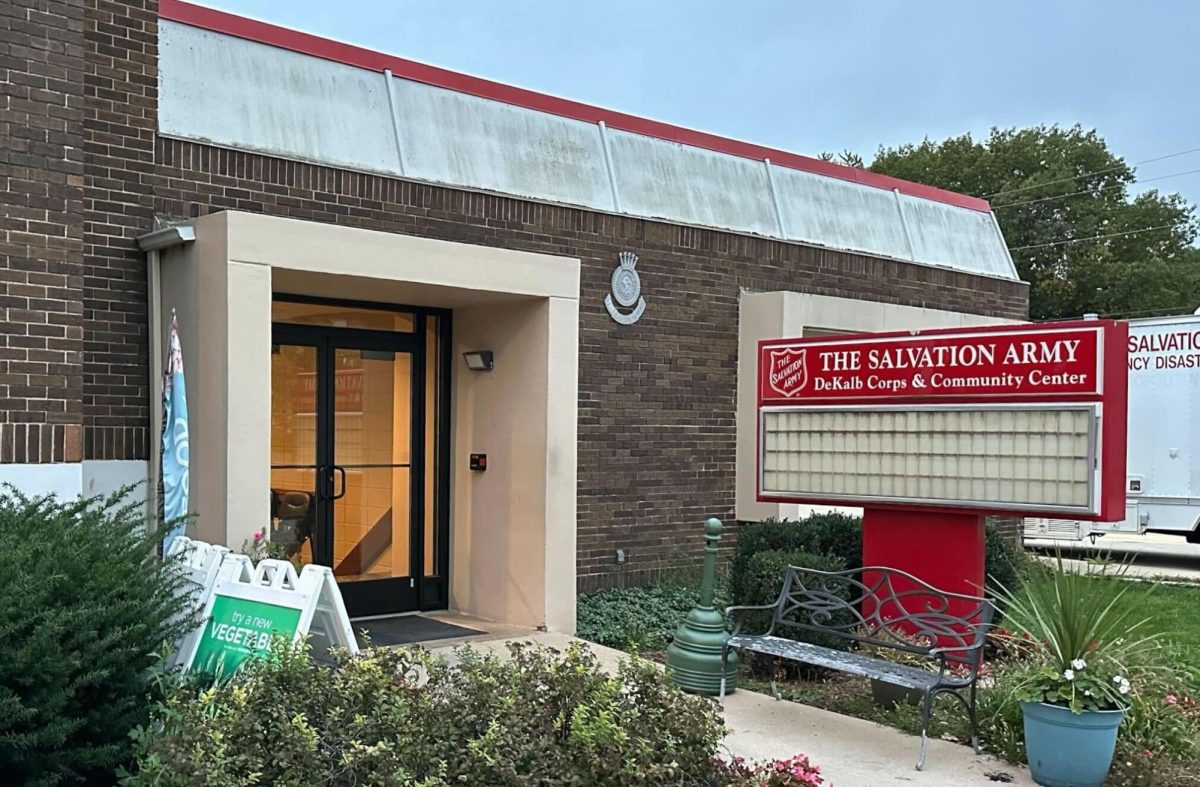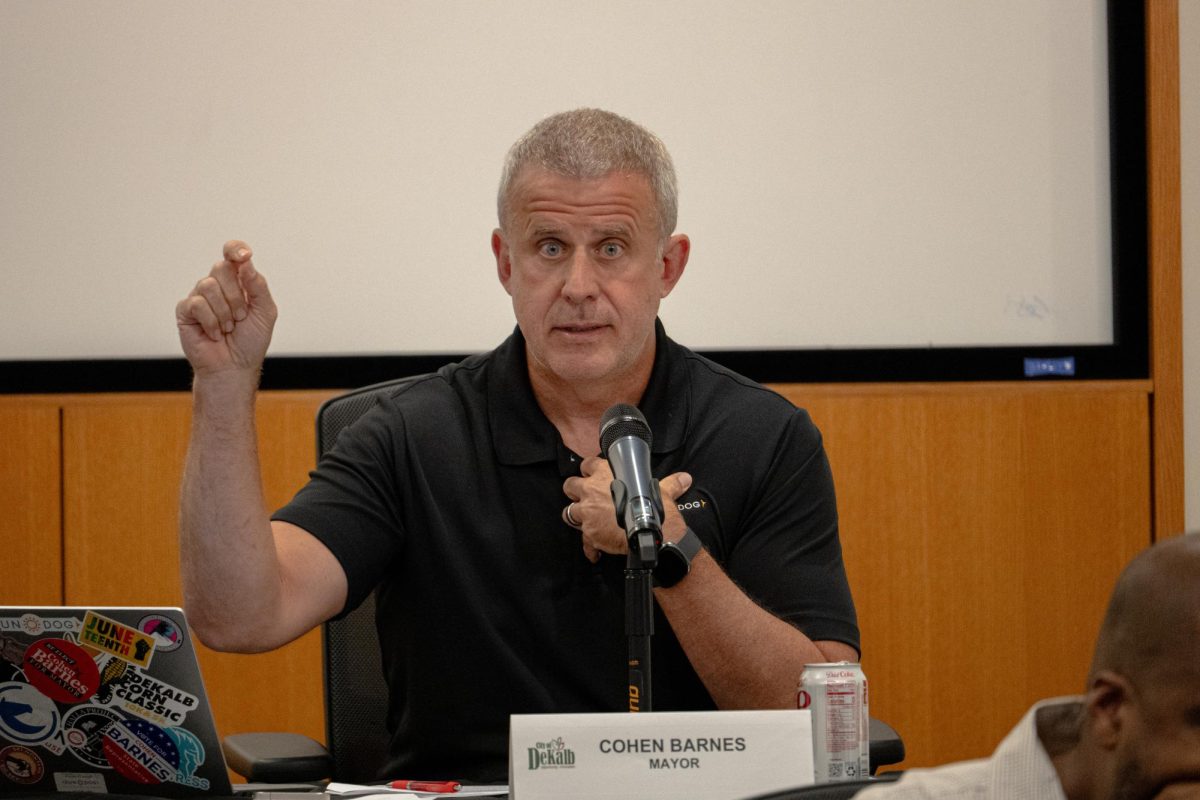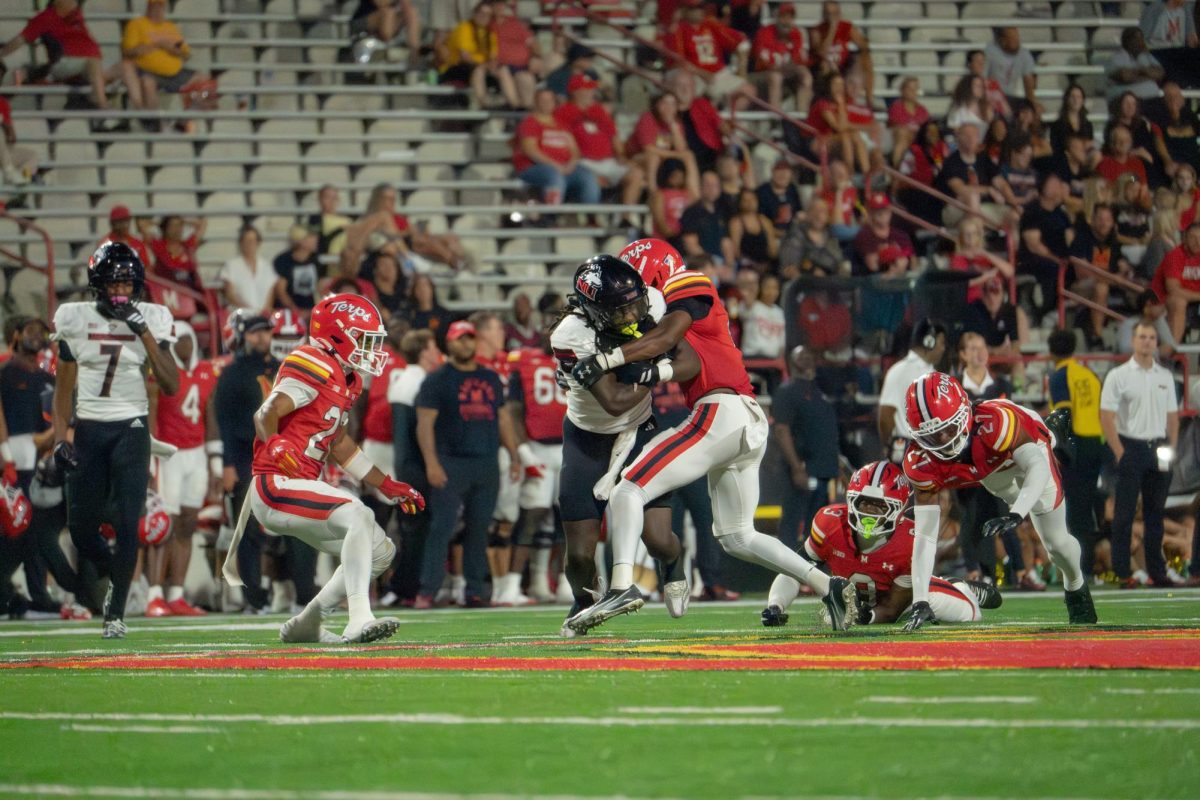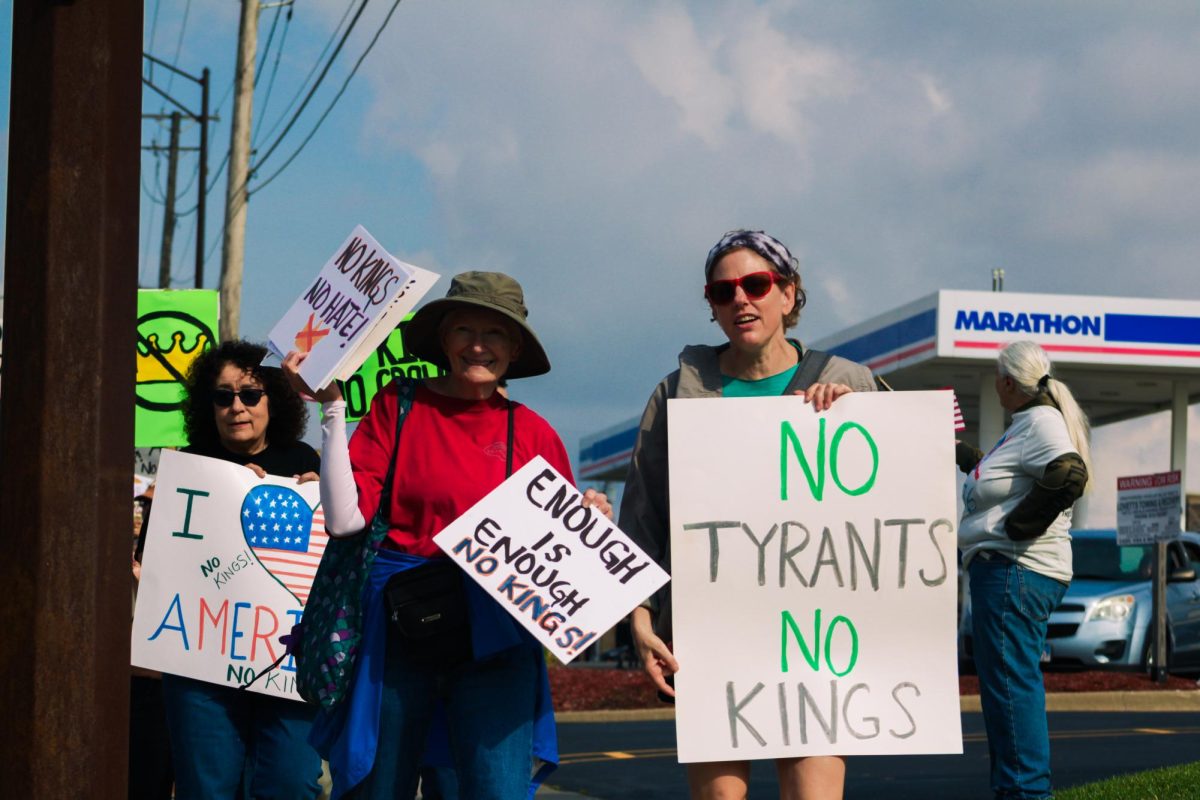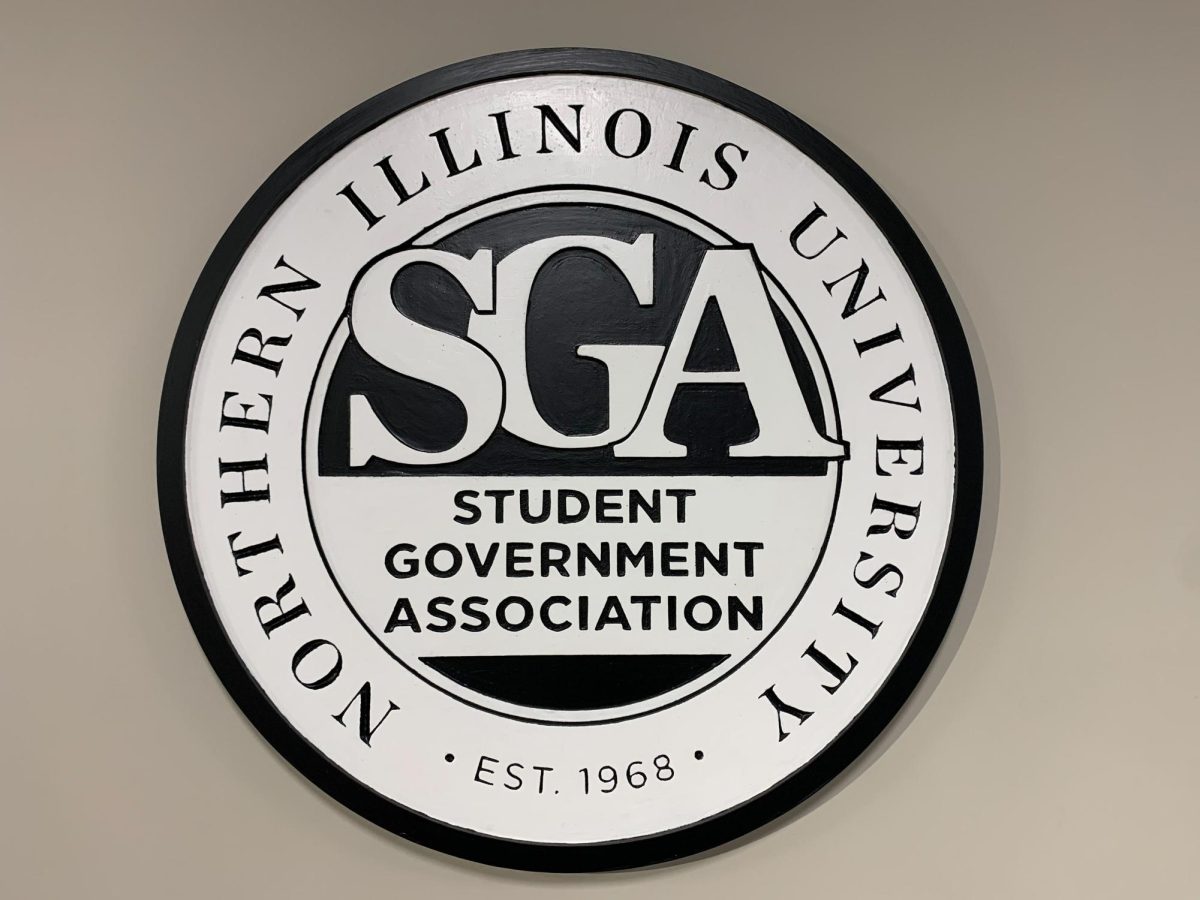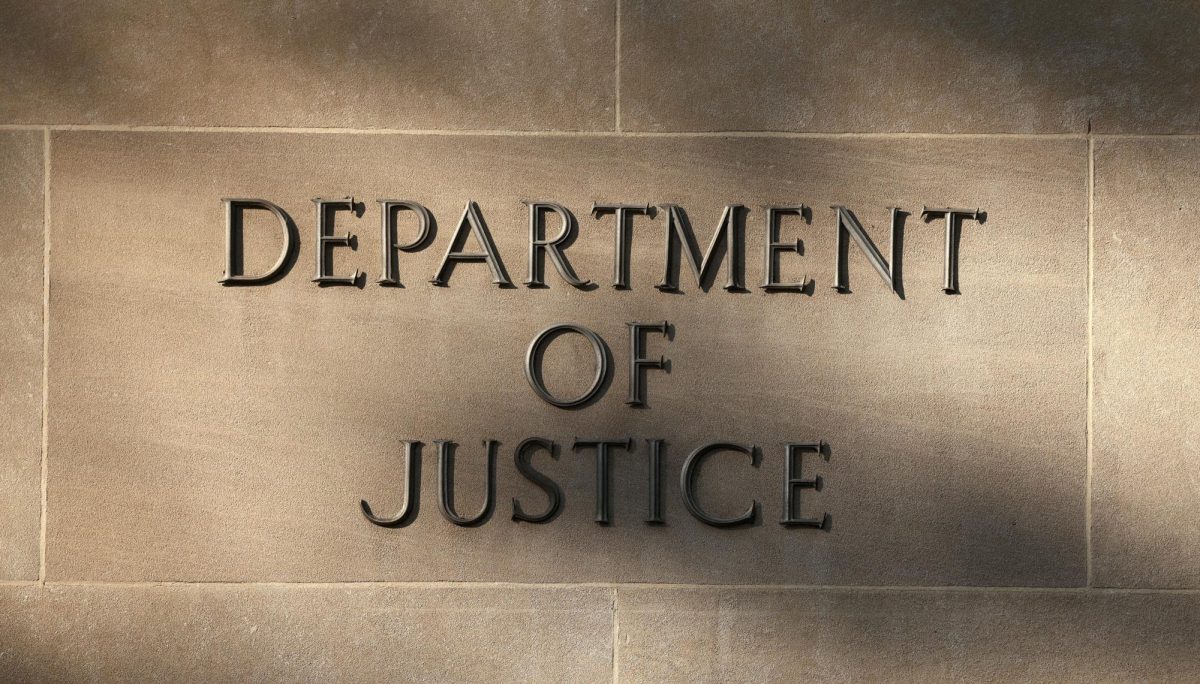DeKALB – The Illinois Attorney General’s Office ruled the DeKalb city council violated the Open Meetings Act in February by cutting off a citizen’s public comment during a meeting.
The Open Meetings Act is an Illinois law that grants members of the public access to government.
The commenter, Helen Martinez, accused members of the city council and city staff of misconduct.
Members of the public are given three minutes for public comment. The council moved to go into recess halfway through her comment.
The letter, which was sent last month, said after reviewing video of the Feb. 26 meeting, the Public Access Bureau concluded the council violated the Open Meetings Act.
“The video recording shows that Mayor Barnes interrupted Ms. Martinez numerous times when she stated the names of the individuals she was accusing of misconduct,” according to the letter from Assistant Attorney General Michael Knight. “When he disagreed with the content of her remarks, Mayor Barnes called Ms. Martinez out of order, and moved for a vote to recess during her public comment time, which was approved, and caused the microphone to be turned off before she completed her comments.”
Martinez could not be reached for comment.
At its next meeting, March 11, the council allowed Martinez to complete her comment without interruption. The conduct of the Feb. 26 meeting was also addressed by Second Ward Alderwoman Barb Larson and Mayor Cohen Barnes.
As a result of the apologies and subsequent uninterrupted public comments Martinez was allowed to give, the public access counselor determined that no remedial action was required.
“The Public Access Bureau concludes that the City Council of the City of DeKalb violated section 2.06(g) of OMA (5 ILCS 120/2.06(g) by improperly limiting Ms. Helen Martinez’s public comment during its Feb. 26, 2024, meeting,” according to the letter from Knight.
Section 2.06(g) of the Open Meetings Act states “Any person shall be permitted an opportunity to address public officials under the rules established and recorded by the public body.”
During her public comment, Martinez accused the DeKalb police department of witness intimidation and accused the city manager of official misconduct.
“We’ve provided them information on attorneys they can contact that do work pro bono, but they just continue to come,” Barnes said. “All that they (Martinez and her brother) do is attack city staff every time they came.”
The request for review was filed by Mark Charvat. Charvat, who lives in DeKalb, said he filed a request for review with the Office of the Attorney General after the meeting.
“I think it’s in the public interest to be treated fairly,” Charvat said. “If someone takes their time on a Monday night when they can be home watching Monday Night Football or whatever, and comes out to the City Council to express their opinion on an issue, well, it must be important to them.”
Charvat said he is committed to ensuring public bodies comply with the Open Meetings Act.
“I feel so bad for citizens who are being basically interrupted,” Charvat said. “Their rights are being violated by a group of individuals that’s responsible for upholding people’s rights and allowing people to speak.”
Prior to the decision, DeKalb City Attorney Matthew Rose filed a response to the Office of the Attorney General arguing that the council properly ended Martinez’s public comment pursuant to the city’s municipal code.
According to the letter from the attorney general’s office, the council argued Martinez “Engaged in a duplicative, disruptive, insulting, defamatory, personal attack upon the city manager,” and it was “reasonably necessary to protect a significant governmental interest in maintaining civility and decorum during the public comment sessions of its public meetings.”
Section 2.12(ab) of the city’s municipal code gives the chair of any meeting authority to suspend public comment or interrupt any public speaker to preserve order and decorum.
The code also states that members of the public may speak to any item germane to the city council or public concerns.
The letter from the attorney general’s office said a public body violates the Open Meetings Act when it “prohibits a member of the public from providing public comment pursuant to its established and recorded rules, but those rules unreasonably restrict that person’s right to address public officials.”
The letter goes on to state that her comments should not have been restricted.
“Although the Council may have disagreed with Ms. Martinez’s comments, or thought the comments were repetitive or defamatory, her comments regarding the alleged conduct of public employees and officials were germane to the business of the Council,” according to the letter from Knight.


